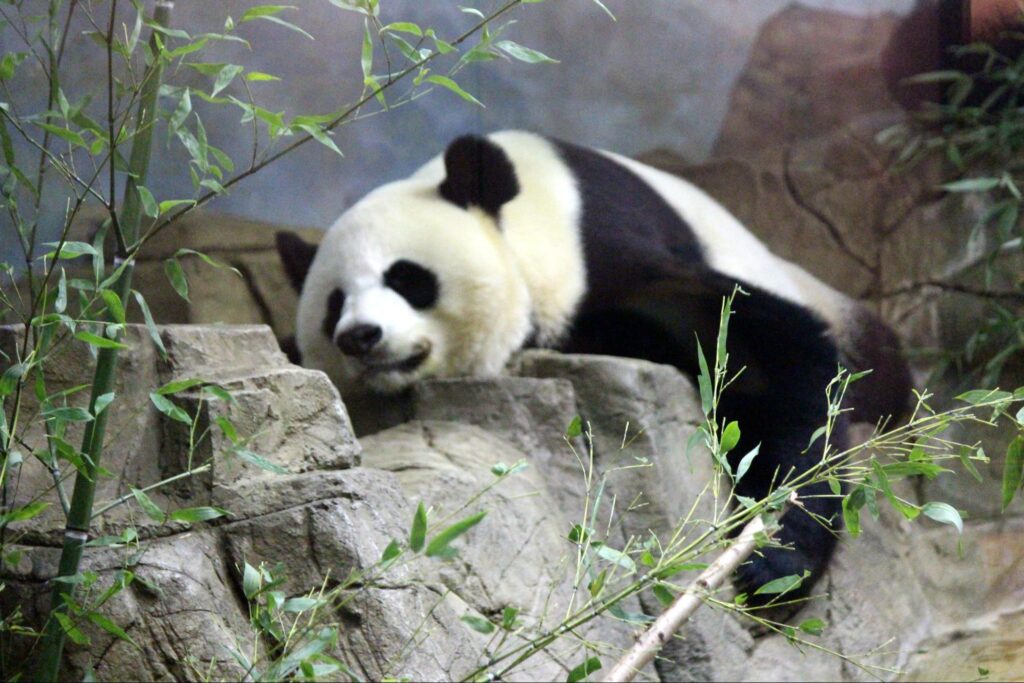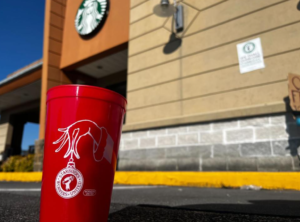In a surprising turn of events, Chinese President Xi Jinping hinted at the potential return of giant pandas to California during a dinner in San Francisco attended by hundreds of U.S. business leaders. This revelation comes hot on the heels of the recent return of three giant pandas from the National Zoo in Washington to China, sparking concerns that the United States might soon be without these beloved bears.
Pandas have played a significant role in fostering U.S.-China friendship since the symbolic exchange of the first two pandas in 1972, marking the inception of what is now known as “panda diplomacy.”
“I was told that many American people, especially children, were really reluctant to say goodbye to the pandas, and went to the zoo to see them off,” Xi Jinping remarked. “I also learned that the San Diego Zoo and the Californians very much look forward to welcoming pandas back.”
Despite the absence of specific details, such as the number of pandas or the timeline for their potential arrival, Xi’s gesture was well-received, particularly after a day of talks with President Joe Biden aimed at easing tensions between the two economic powerhouses.
The friendly overture comes at a crucial time, as both nations seek common ground and cooperation on various fronts. The leaders reached agreements on issues ranging from the resumption of military-to-military communications to collaborative efforts in counternarcotics, addressing the flow of precursor chemicals and pill presses from China contributing to the U.S. fentanyl crisis.
The symbolic move of returning pandas is not only a nod to the enduring friendship between the nations but also a diplomatic gesture in the face of a challenging global landscape. Xi Jinping’s emphasis on people-to-people interactions and building bridges rather than erecting barriers resonated during his address at the dinner.
The dinner, hosted by the U.S.-China Business Council and the National Committee on U.S.-China Relations, drew criticism from some quarters for allegedly ignoring China’s human rights record. Nevertheless, it provided a platform for Xi to court American businesses, especially as China grapples with an economic slowdown, and for U.S. executives to gain insights into navigating an increasingly unpredictable business environment.
Commerce Secretary Gina Raimondo emphasized the importance of the U.S.-China trade and investment relationship, asserting that the vast majority is not affected by national security concerns. “A growing China that plays by the rules is in all of our interests,” she stated.
Xi Jinping, in his address, received a standing ovation as he advocated for a cooperative partnership between the United States and China, dispelling the notion that China poses a threat. He reiterated that pandas have long served as “envoys of friendship” between the two nations, hinting at the possibility of their return to the U.S.
With the departure of the National Zoo pandas, Zoo Atlanta’s four pandas stand as the only ones in the United States, with their loan agreement set to expire next year. The San Diego Zoo has been without giant pandas since 2019, and the last panda at the Memphis Zoo returned to China in April.
“We are ready to continue our cooperation with the United States on panda conservation,” Xi Jinping declared. “And do our best to meet the wishes of the Californians so as to deepen the friendly ties between our two peoples.”
As the world watches for the next chapter in panda diplomacy, the return of these iconic bears to California may not only signify a renewed era of cooperation but also serve as a heartening symbol of enduring friendship between the United States and China.
(Source: NBC | NPR | The Telegraph)









